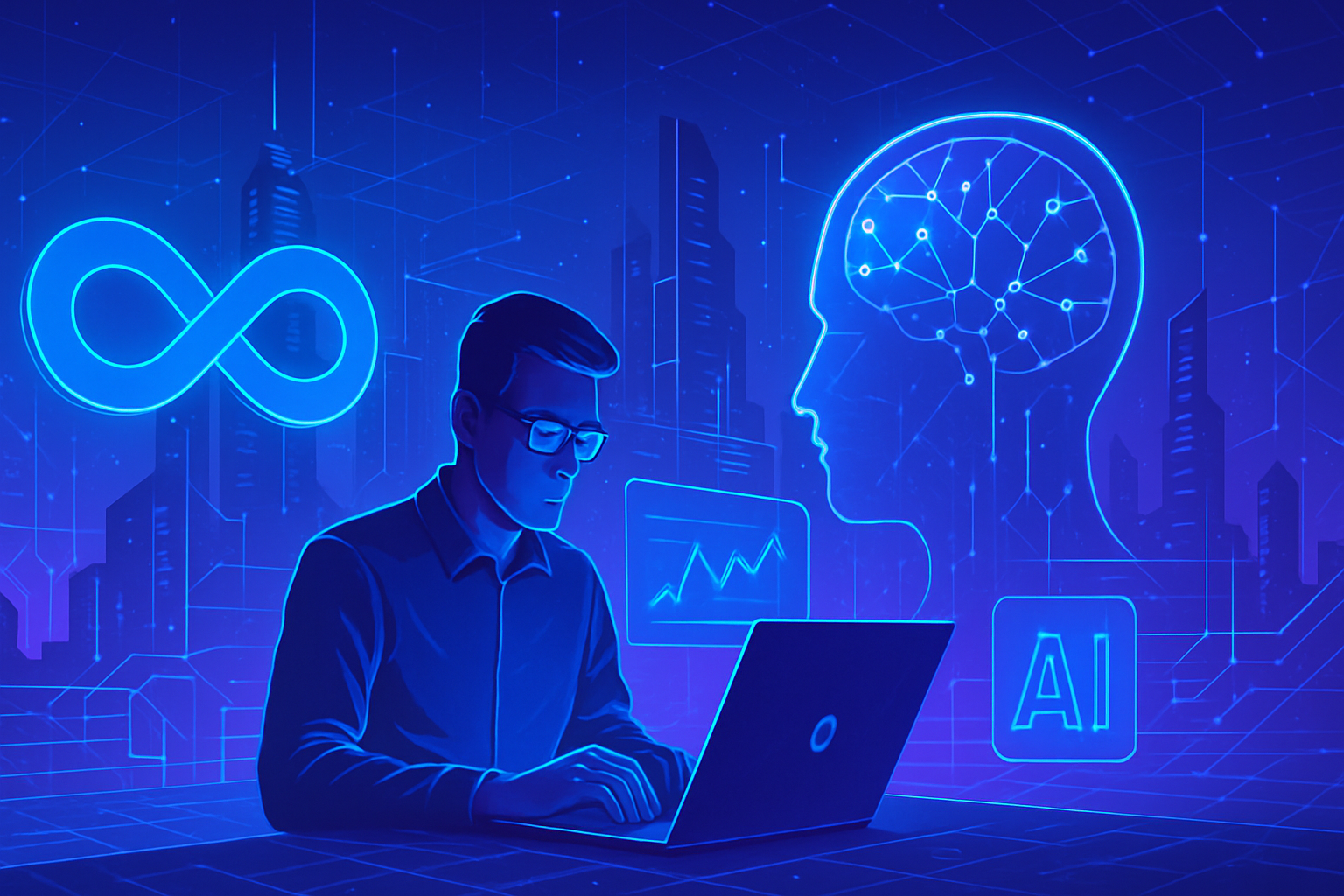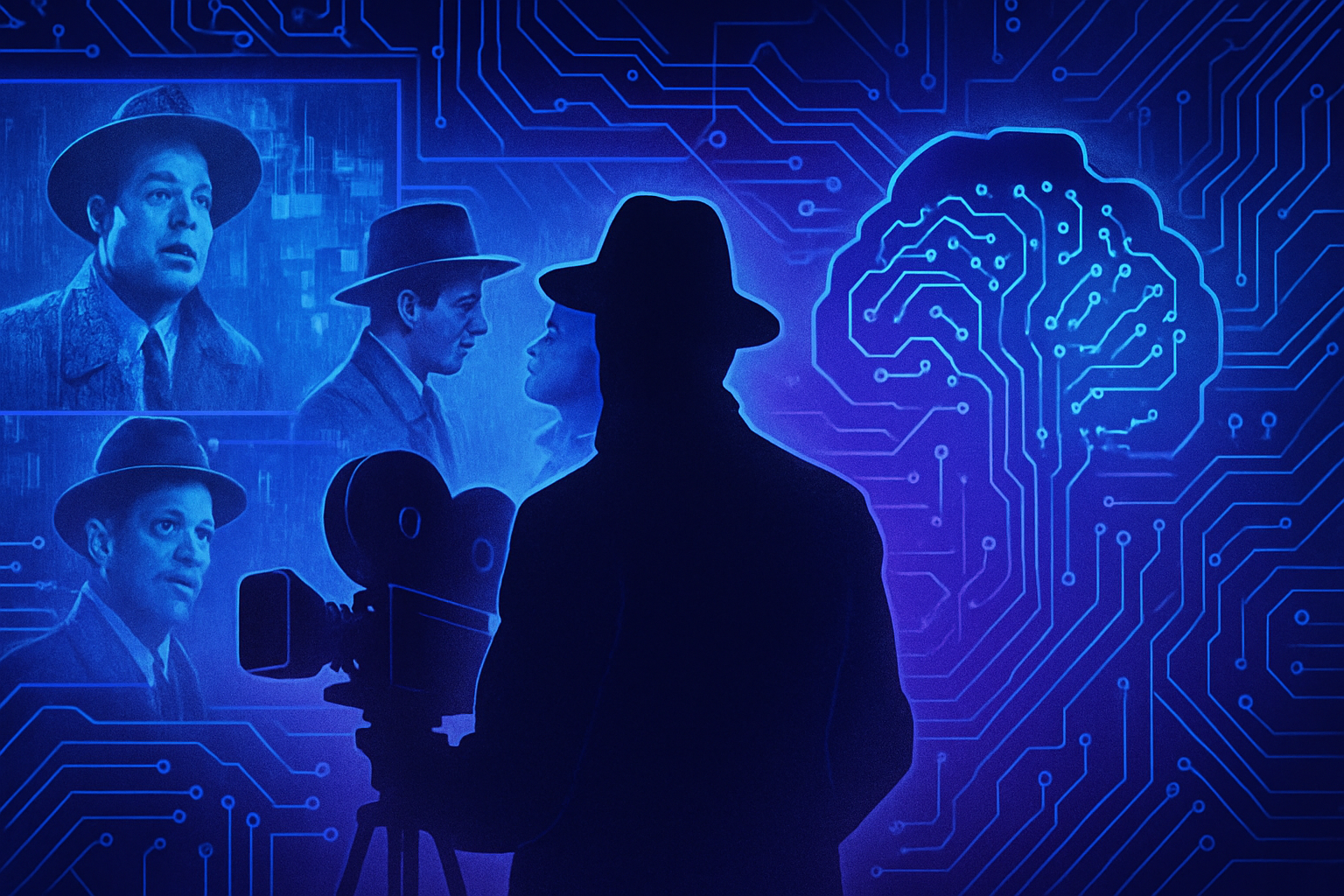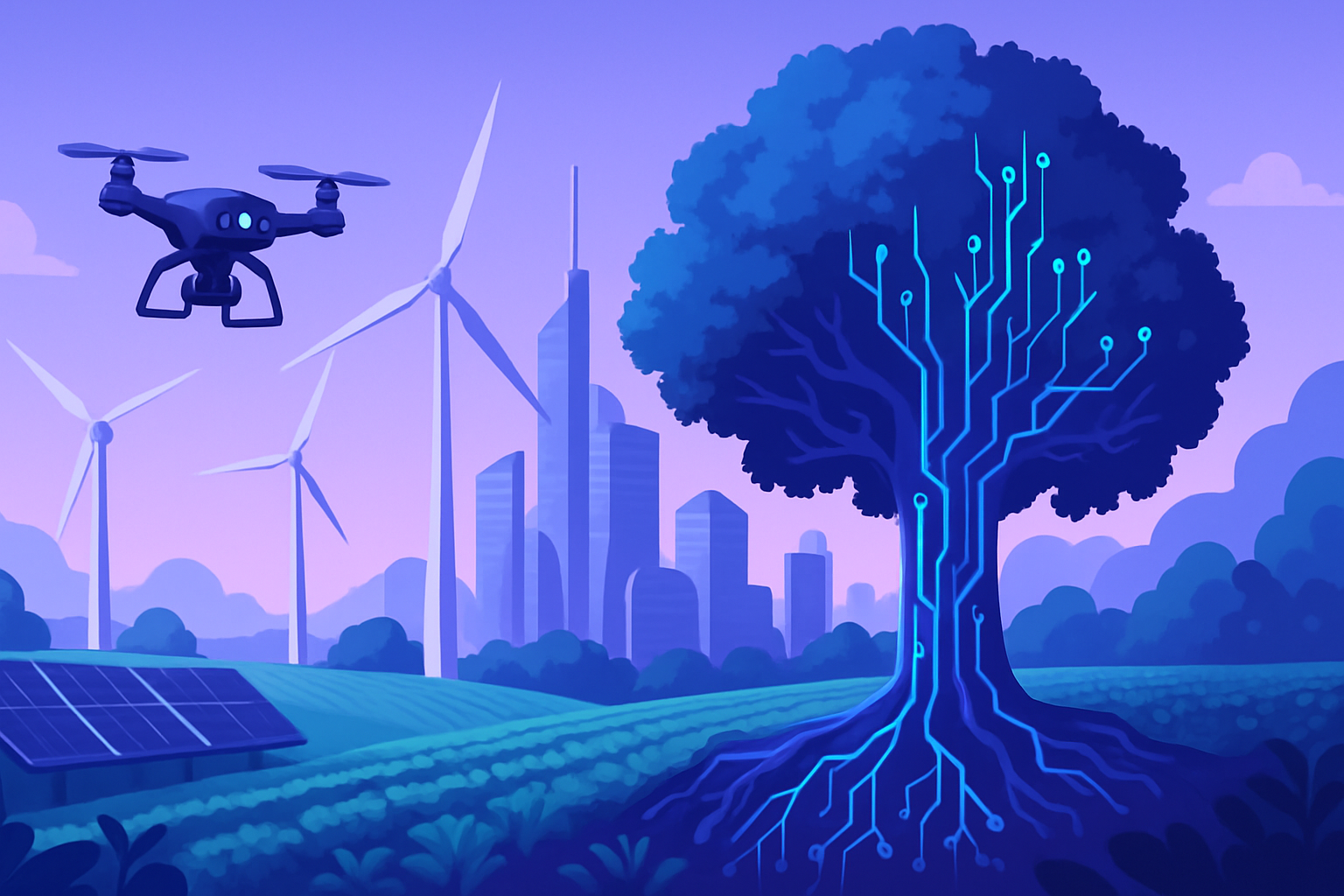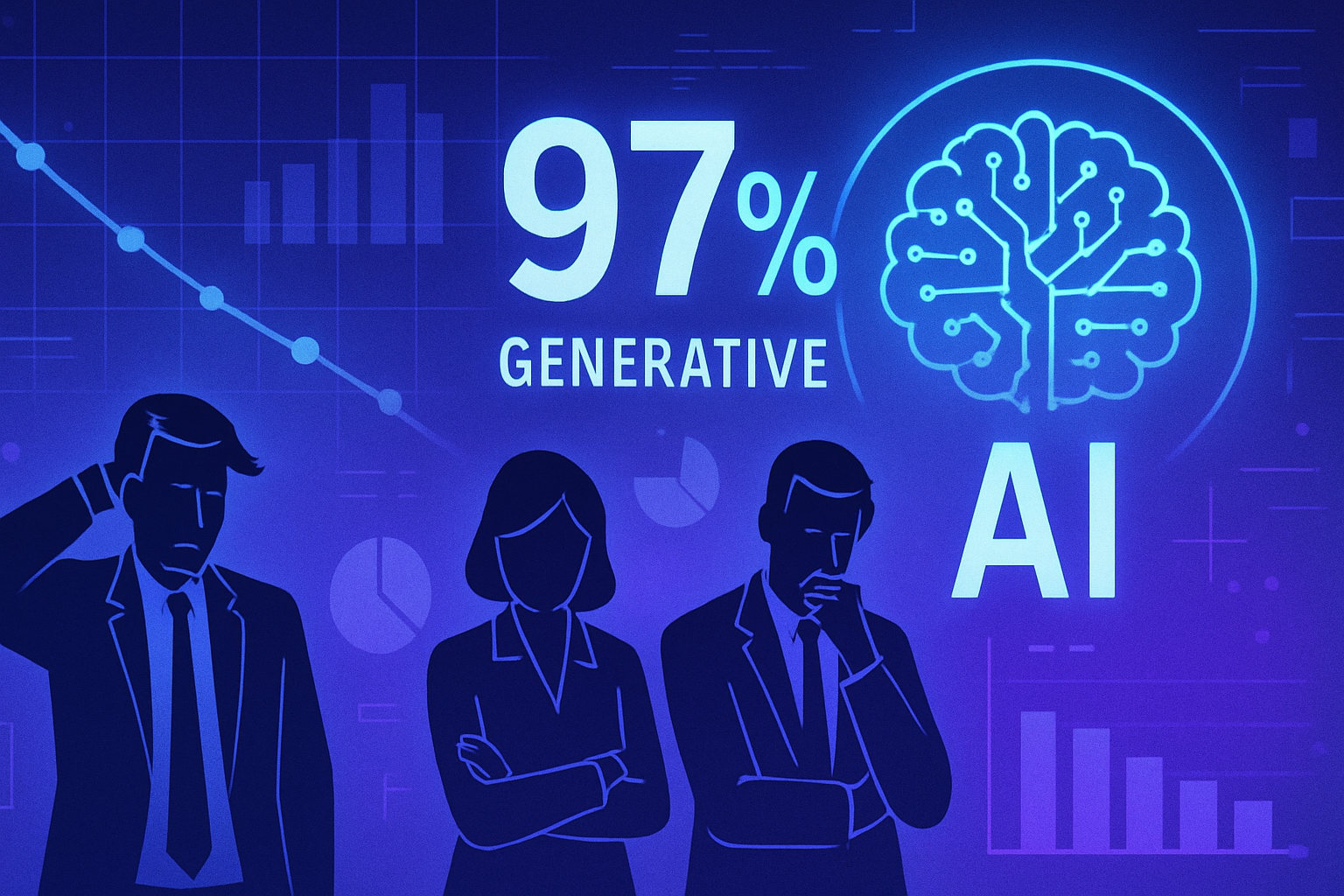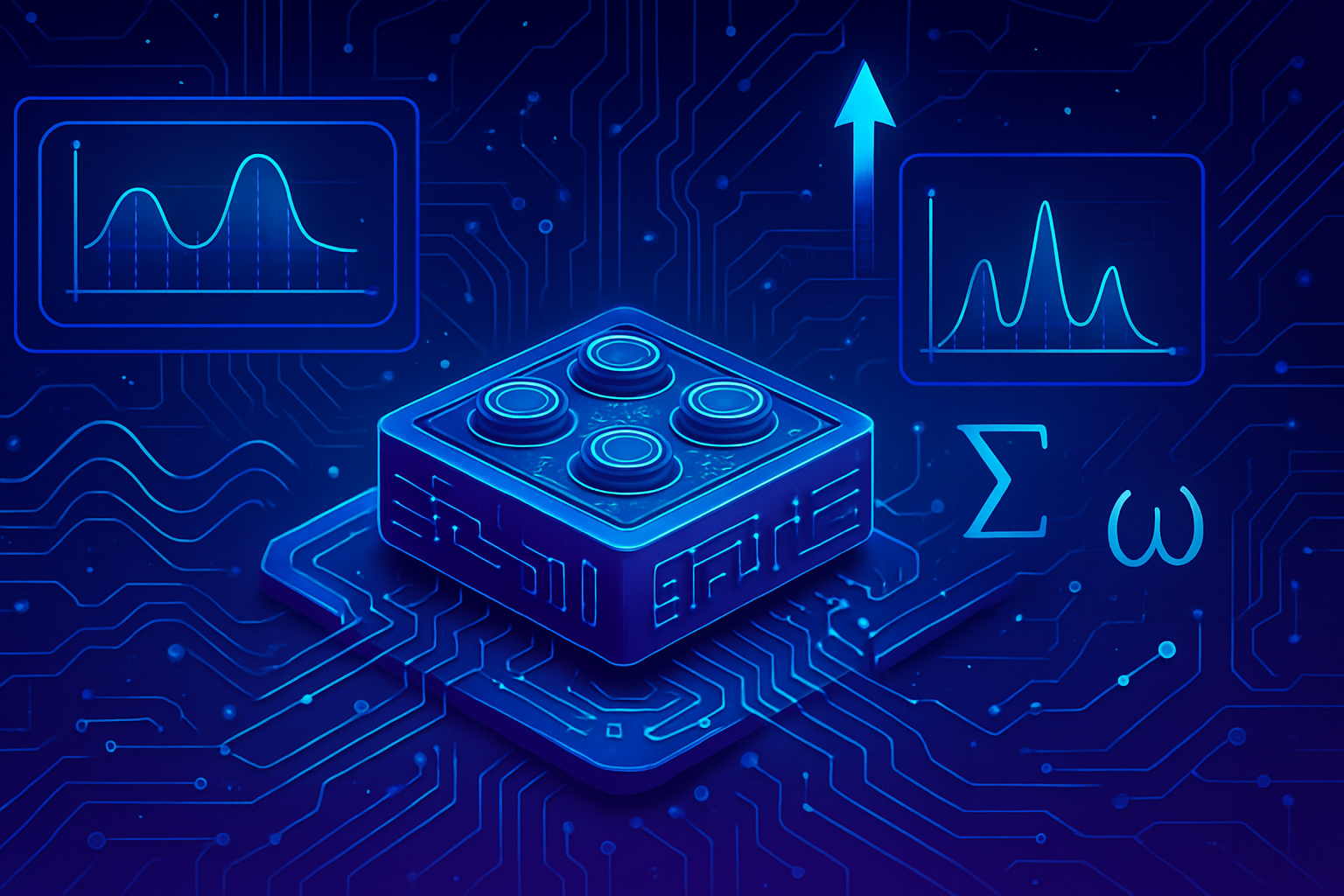Digital transformation requires an unprecedented synergy between DevOps and Artificial Intelligence. Strengthening the efficiency of software development processes requires mastery of innovative tools. The integration of AI into DevOps revolutionizes problem management, offering rapid remediation and intelligent tracking. The obstacles related to code corrections and reviews dissolve thanks to solutions that catalyze automation.
Companies must navigate a complex environment, where preemptive visibility of risks conditions the success of projects. A harmonious adoption of AI in DevOps practices reshapes the contours of software development, promoting agility and collaboration. The future of the sector rests on this fruitful meeting between technology and modern methodologies.
The Synergy between DevOps and Artificial Intelligence
Modern software development requires agility and reliability. DevOps, by combining development and IT operations, accelerates this implementation. Artificial intelligence (AI) plays a key role in this process by optimizing the automation of essential tasks. Thanks to AI, teams can automate code correction, review, and risk prediction. AI-based solutions bring a new dynamic to software development.
Accelerated Correction of Code Errors
In CI/CD pipelines, static code quality analysis and security testing are already automated. However, addressing identified issues often remains pending, accumulating an embarrassing technical debt. AI, through tools like GitHub Copilot and DeepCode, offers anomaly detection right from the early stages of development.
Machine learning-based solutions like Amazon CodeGuru and Snyk provide precise analyses of code repositories. For instance, Snyk detects and fixes complex vulnerabilities, while Sonar AI CodeFix speeds up problem resolution and improves code quality. Platforms such as GitLab and GitHub integrate automated analyses that enhance collaboration and security.
Increased Efficiency in Code Review
Code reviews often depend on experts, leading to delays and inconsistencies. AI simplifies this process through extensions like Copilot, which checks code compliance according to company templates. By relying on an internal knowledge base, AI streamlines the review work, allowing experts to focus on higher-value tasks, such as designing innovative solutions.
Anticipating Deployment Successes
In complex environments, evaluating the success of deliveries presents a real challenge. AI-powered tools like Digital.ai analyze historical data to predict risks. This enables teams to anticipate potential problems and mobilize the appropriate resources while establishing informed priorities.
Diagnosis and Self-Repair via the Cloud
Cloud-native architectures generate specific challenges, making diagnosis lengthy and complex. The AI solution provides rapid incident detection and even offers automated remediation. For example, open-source projects like K8sGPT analyze Kubernetes clusters and present detected issues in clear language.
Companies can thus implement AI-based self-repair mechanisms, thereby improving service resilience and availability. These approaches grant teams valuable autonomy in deploying and managing cloud environments.
Integration of AI into the DevOps Framework
To capitalize on AI advancements, companies must carefully select tools suited to their challenges. Evaluating new DevOps offerings is accompanied by targeted Proof of Value (PoV). Centralized governance by a DevOps team facilitates decision-making and structuring an adoption strategy.
The real challenge lies in creating a DevOps framework capable of adapting to AI innovations without requiring permanent overhauls. For organizations with numerous CI/CD pipelines, this challenge requires resources and agility. Building modular and extensible frameworks becomes imperative for effectively integrating AI.
A wise approach is to standardize lifecycle steps and develop ephemeral pipelines. This flexibility allows for simple tool modifications and ensures the propagation of changes across all pipelines via a common foundation.
Frequently Asked Questions about DevOps and Artificial Intelligence
What is the integration of artificial intelligence into DevOps?
The integration of artificial intelligence into DevOps involves using AI tools to automate processes, improve code error detection, and optimize project management, thereby making software development faster and more efficient.
How does AI help in correcting code errors?
AI facilitates the correction of code errors by detecting anomalies at the early stages of development and providing correction suggestions via tools integrated into development environments.
What benefits does AI bring to code review?
AI increases efficiency in code review by automating certain aspects of verification and reducing dependency on experts, which speeds up the process and improves the consistency of standards adhered to.
How can AI anticipate problems during deployments?
By analyzing historical data, AI can predict risks in near real-time, allowing DevOps teams to adjust their priorities and resources to optimize the success of deliveries.
What AI-based tools are recommended for DevOps?
Tools such as GitHub Copilot, Amazon CodeGuru, Snyk, and SonarCloud are among the most effective for integrating AI into the software development lifecycle, offering advanced correction and analysis features.
How to reduce technical debt with AI?
AI helps reduce technical debt by accelerating the detection and resolution of code issues, thereby allowing quick addressing of errors and avoiding the accumulation of long-term maintenance costs.
What is the automatic remediation capability of AI in cloud environments?
AI enables automatic remediation by rapidly detecting incidents and proposing solutions, which enhances the resilience and availability of cloud services.
What challenges do companies face when adopting AI in DevOps?
Companies must overcome challenges such as selecting the right tools, integrating AI into existing pipelines, and the need for an agile DevOps framework to adapt to the constant evolution of AI.
How to structure an AI adoption strategy tailored to DevOps?
An effective strategy requires centralized governance, an evaluation of solutions proposed by partners, and the establishment of Proof of Value (PoV) to ensure that tools meet the specific requirements of projects.
What does the standardization of processes in the context of AI in DevOps consist of?
The standardization of processes includes modeling the lifecycle steps and creating ephemeral pipelines, which facilitates the integration of AI tools and promotes the preservation of flexibility in DevOps operations.
